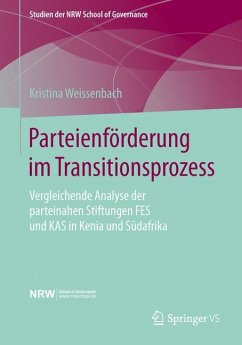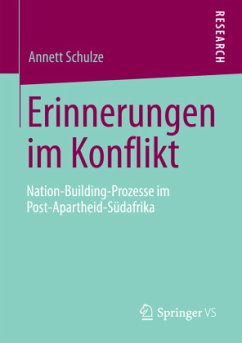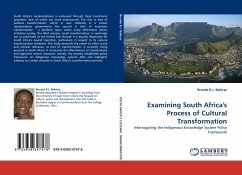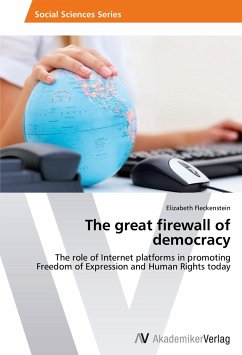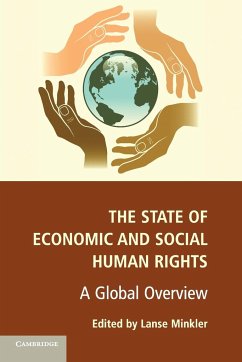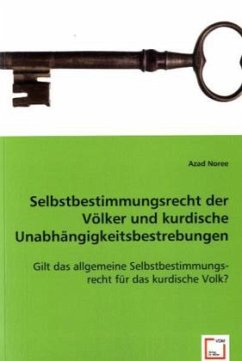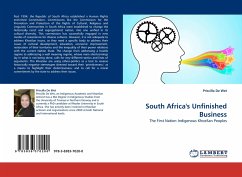
South Africa''s Unfinished Business
The First Nation Indigenous KhoeSan Peoples
Versandkostenfrei!
Versandfertig in 6-10 Tagen
32,99 €
inkl. MwSt.

PAYBACK Punkte
16 °P sammeln!
Post 1994, the Republic of South Africa established a Human Rights enshrined Constitution. Commissions like the Commission for the Promotion and Protection of the Rights of Cultural, Religious and Linguistic Communities in South Africa were established to change the historically racist and segregationist nation, into one unified in its cultural diversity. This commission has successfully engaged in new modes of coexistence for diverse cultures. However, it is not adequate to address KhoeSan issues, as they need a specific body to address their issues of cultural development, education, economi...
Post 1994, the Republic of South Africa established a Human Rights enshrined Constitution. Commissions like the Commission for the Promotion and Protection of the Rights of Cultural, Religious and Linguistic Communities in South Africa were established to change the historically racist and segregationist nation, into one unified in its cultural diversity. This commission has successfully engaged in new modes of coexistence for diverse cultures. However, it is not adequate to address KhoeSan issues, as they need a specific body to address their issues of cultural development, education, economic improvement, restoration of their territories and the inequality of their power relations with the current Nation State. The change from addressing a hostile regime to addressing a well meaning regime, whose main shortcomings lay in what is not being done, calls for very different tactics and lines of arguments. The KhoeSan are using ethno-politics as a tool to reverse historically negative stereotypes directed toward their primitiveness'; as a means to highlight their distinctiveness; and to call for a moral commitment by the state to address their issues.



